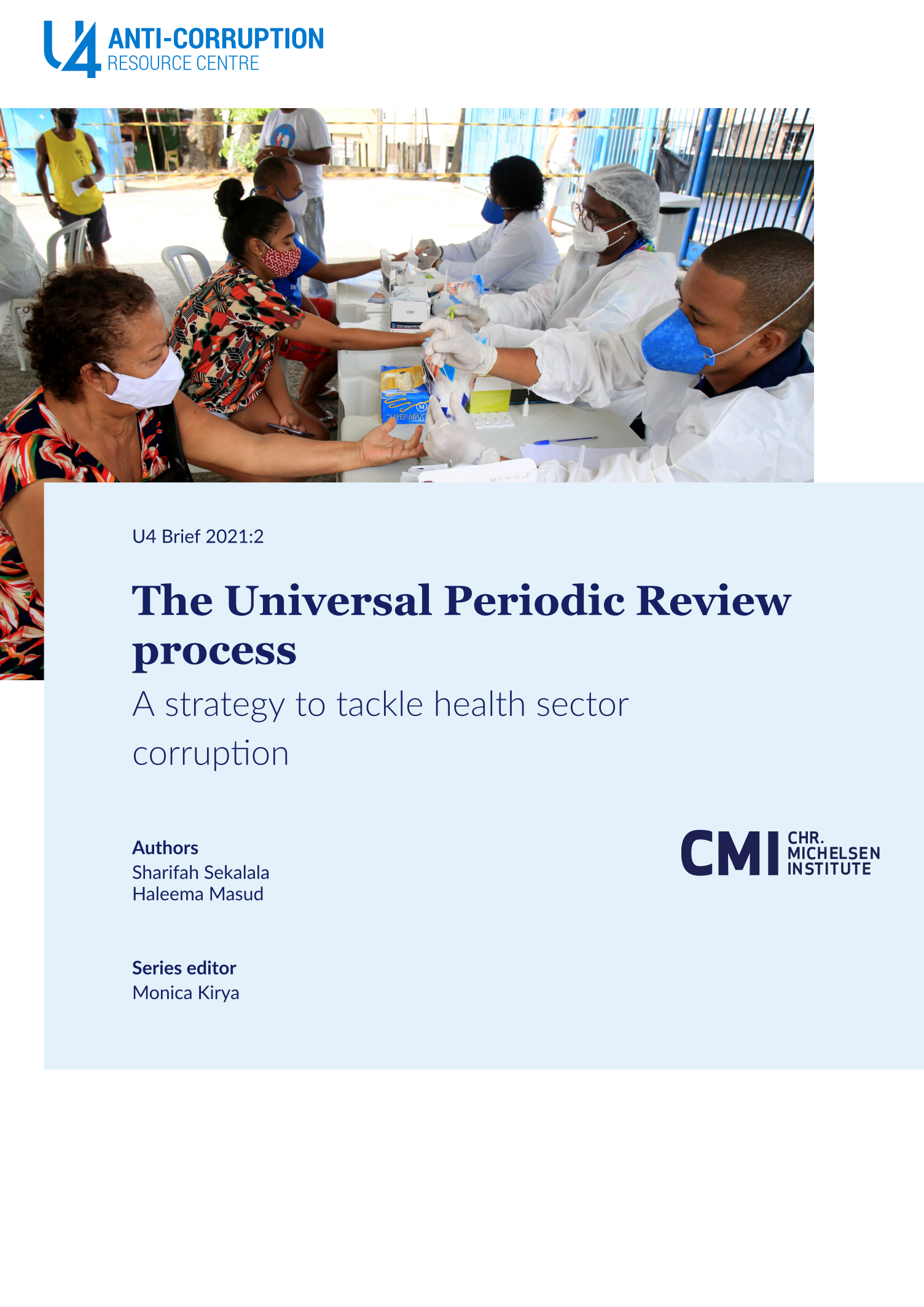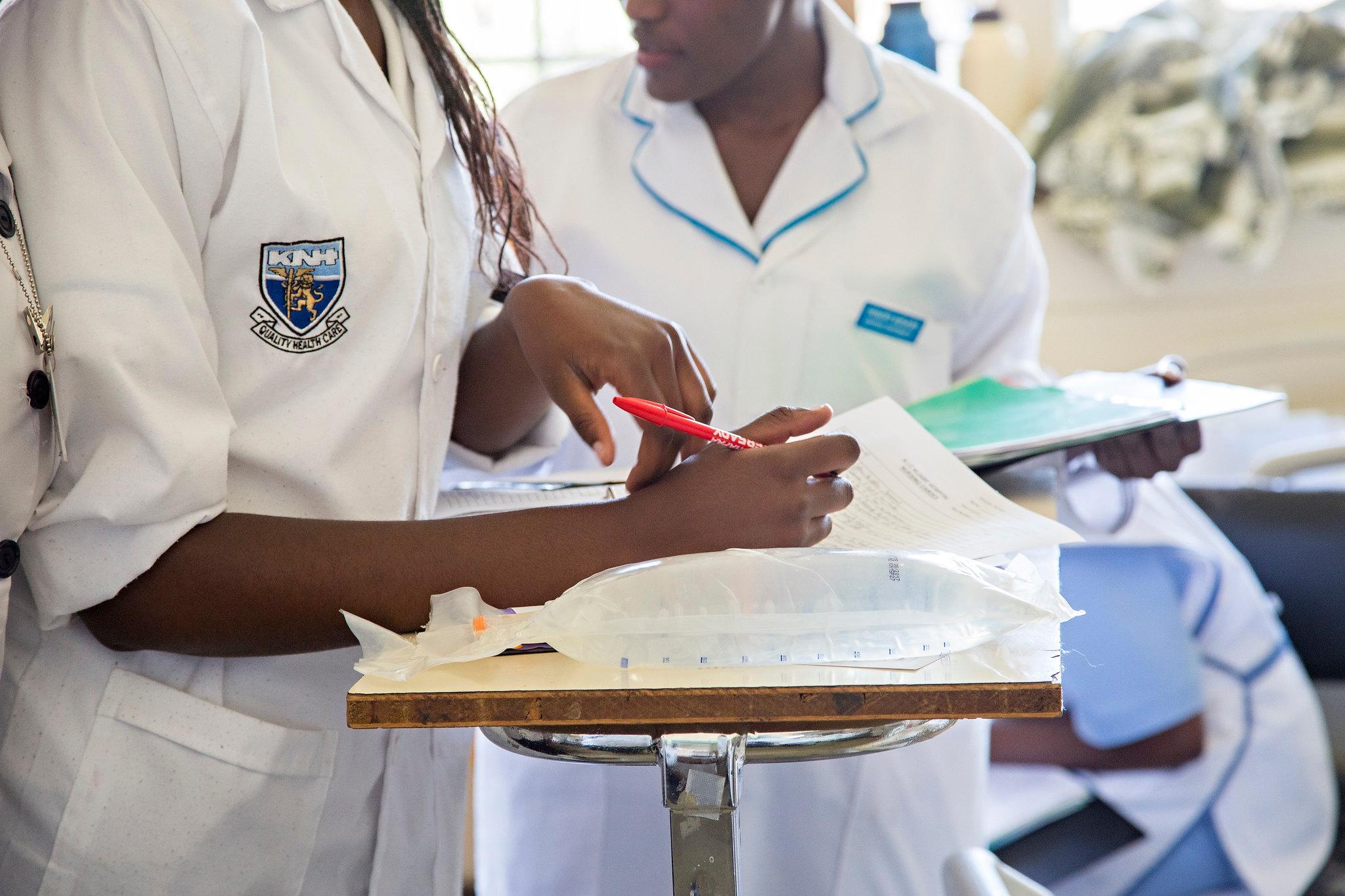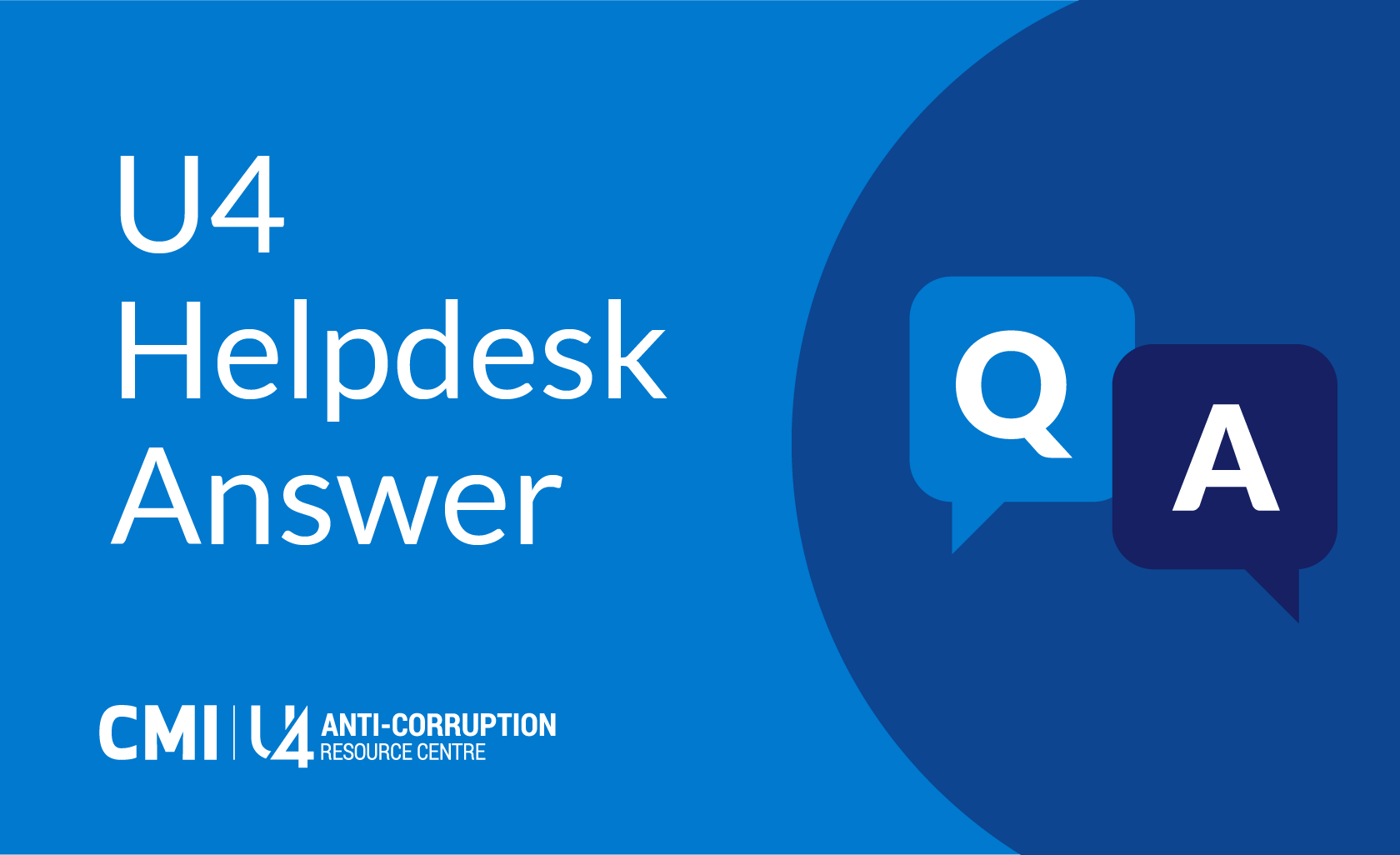Main points
- Corruption in the health sector deprives people of their basic right to health and is often a matter of life and death.
- The impact of corruption becomes even more devastating in times of health crises, such as the Covid-19 pandemic. The demand for a rapid response results in governments making hasty decisions that lack transparency and oversight.
- Human rights mechanisms such as the Universal Periodic Review (UPR) process offer a unique forum to address health sector corruption by holding governments accountable for their actions and inactions.
- The UPR has significant potential for addressing corruption in the health sector, but remains largely underutilised. Currently, the issue is rarely discussed in reports, interactive dialogue, or recommendations that arise from the process.
- Donors can play a crucial role in promoting effective use of the UPR to address health sector corruption, by elevating the issue and supporting stakeholders to implement and monitor the recommendations arising from the process.



